Making the decision to say goodbye to a cherished pet is never easy. As families in Seattle and beyond turn to in-home euthanasia for a gentler farewell, one step becomes crucial to ensuring a peaceful experience: consulting your veterinarian well before the appointment. By communicating openly about your pet’s current health and reviewing medications; especially those for pain, anxiety, or chronic conditions. You help your veterinary team to provide a personalized, compassionate end-of-life plan. Here’s why this conversation matters and how it directly contributes to your pet’s comfort and dignity.
Understanding Why Pre-Euthanasia Consultation Matters
Pets, like people, have unique medical needs and personal histories. Before an in-home euthanasia appointment, your veterinarian needs a clear picture of your pet’s day-to-day experiences; both physically and emotionally. Is your dog’s arthritis flaring up? Has your cat’s appetite changed, or is she sleeping more or less? Is your pet anxious, agitated, or having difficulty breathing? All these details help your vet design an experience that prioritizes your pet’s comfort and minimizes distress.
Through this consultation, you also discuss all medications your pet is currently taking. From pain relievers to anxiety medications, heart drugs, or insulin, these substances interact differently with the sedatives and medications used during at home euthanasia Seattle. Adjusting doses, schedules, or even pausing certain medications ahead of time can ensure your pet’s last day is as pain-free and calm as possible.
Reviewing Medications: What Your Vet Needs to Know
Bring a list of all the medications, supplements, and even “as-needed” treatments your pet receives. Include prescribed medications, over-the-counter products, herbal supplements, and anything you use to manage chronic pain or anxiety. For each medication, provide:
- The name (brand and generic)
- The dosage and frequency
- The time of the last dose given
- The reason it was prescribed
- Any effects or side effects you’ve noticed
This information allows your veterinarian to anticipate how your pet might respond to sedation, discuss whether adjustments are needed in the hours or days before the appointment, and address any risks that could arise. For example, a dog regularly receiving anti-anxiety medication might benefit from extra support before or during the euthanasia process, while an animal taking certain pain meds could need a dose changed to maintain comfort without interfering with sedation.
Clear communication also helps prevent adverse reactions or complications, such as excessive sedation, excitability, or gastrointestinal upset. Your vet may advise pausing a particular medication or recommend a final dose at a specific time to maximize comfort and minimize distress as the appointment approaches.
Assessing Your Pet’s Current Status
A pre-appointment consultation—whether conducted by phone, video call, or in person—offers the chance to share recent observations with your veterinarian. Has your pet’s mobility changed? Are there signs of pain, confusion, restlessness, or sudden weight loss? Is breathing becoming more strained, or are there new behaviors, like hiding or vocalizing more frequently?
Sharing these details is not only beneficial for the euthanasia process but can also reassure you in your decision and alleviate feelings of guilt or uncertainty. Many families worry about timing; “Is it too soon? Too late?”; but your veterinarian, guided by this up-to-date context, can compassionately help you assess quality of life and make adjustments to ensure your pet’s final moments are as comfortable as possible.
Adjusting for Pain and Anxiety
Many geriatric or ill pets struggle with pain or anxiety. If your veterinarian knows that your dog’s arthritis or your cat’s kidney disease flares up with movement, they may recommend increasing a pain reliever on the morning of the appointment or introducing a mild sedative to prevent panic. In some cases, special medications can be given ahead of time to ensure your pet is restful and at ease when the veterinarian arrives.
If your pet is especially fearful of strangers or medical procedures, your vet may suggest a pre-visit sedative to be administered by you, at home, under their guidance. This special preparation can help reduce trembling, vocalization, or signs of distress, creating a more peaceful atmosphere for everyone involved.
Coordinating with Your In-Home Euthanasia Provider
If you have a regular vet and are also working with a specialized in-home euthanasia provider, be sure to connect the two. Your general veterinarian, who knows your pet’s history, can forward recent records or make suggestions to ensure continuity of care. This collaboration is especially important if your pet is medically complex or on multiple medications, as it ensures the euthanasia provider has the best information for tailoring the appointment.
Preparing Yourself and Your Family
This consultation is also an opportunity for you to voice any questions or concerns—whether about your pet’s comfort, the steps of the in home pet euthanasia process, or logistics for aftercare. Ask your veterinarian about what to expect: Will sedation be given first? How quickly will your pet fall asleep? Are there signs or symptoms you should be aware of in the final hours?
Some families find solace in preparing favorite foods, toys, or rituals for the final day, while others may want advice on explaining the process to children or other pets. Your veterinarian can guide you with sensitivity, helping you create an environment that is as comforting and authentic as possible.
The Gift of Comfort and Connection
By consulting your veterinarian well in advance, you’re not only honoring your pet’s needs, but you’re also caring for your own peace of mind. This collaborative approach ensures the euthanasia appointment is gentle, controlled, and focused on love and comfort—reflecting the years of companionship you shared with your pet.
Ultimately, thoughtful preparation with your veterinarian transforms a painful event into a dignified act of kindness, filled with grace and compassion. In the context of in-home pet euthanasia, it’s one of the most meaningful gifts you can give—to your pet, their memory, and yourself.
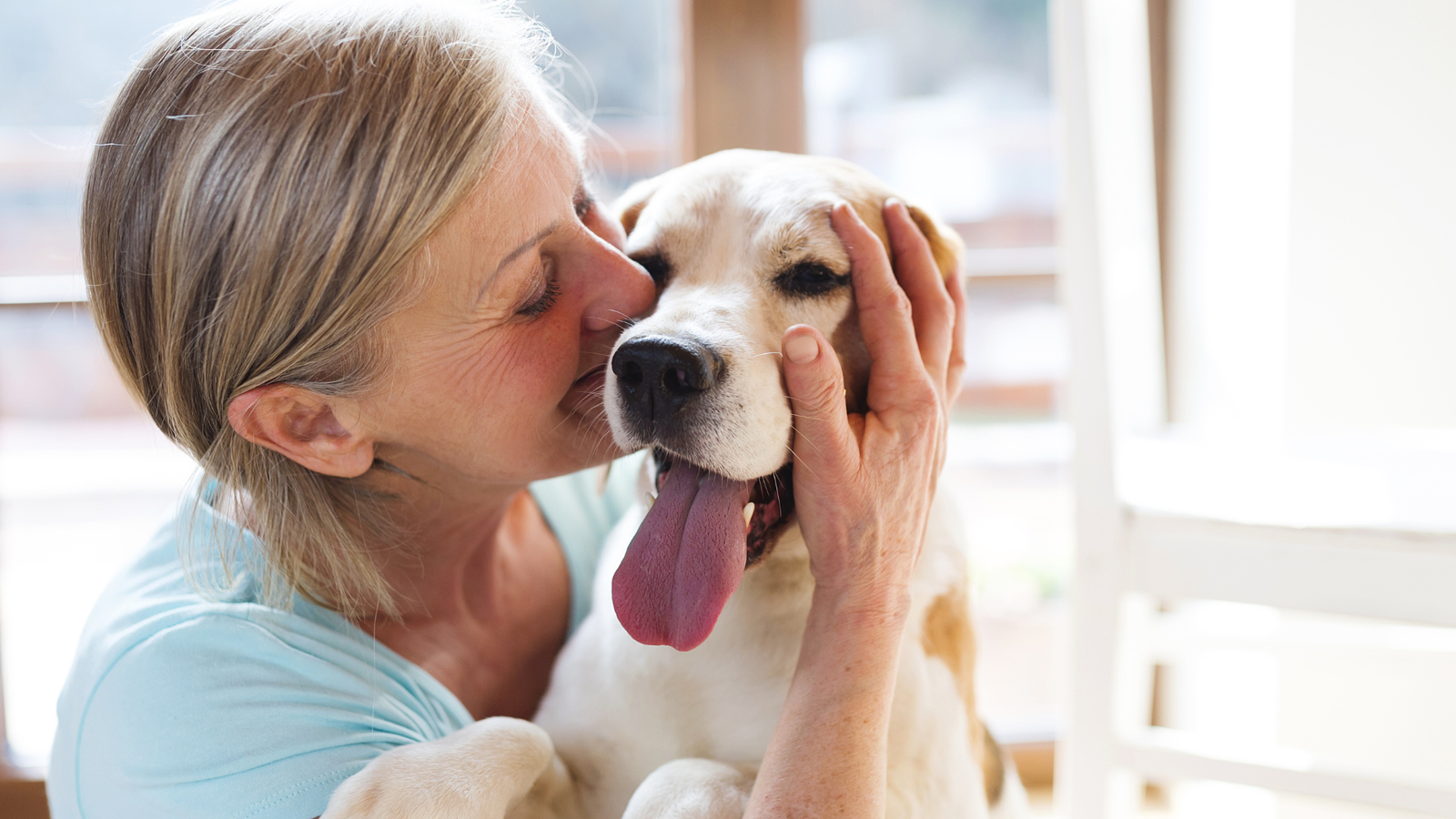
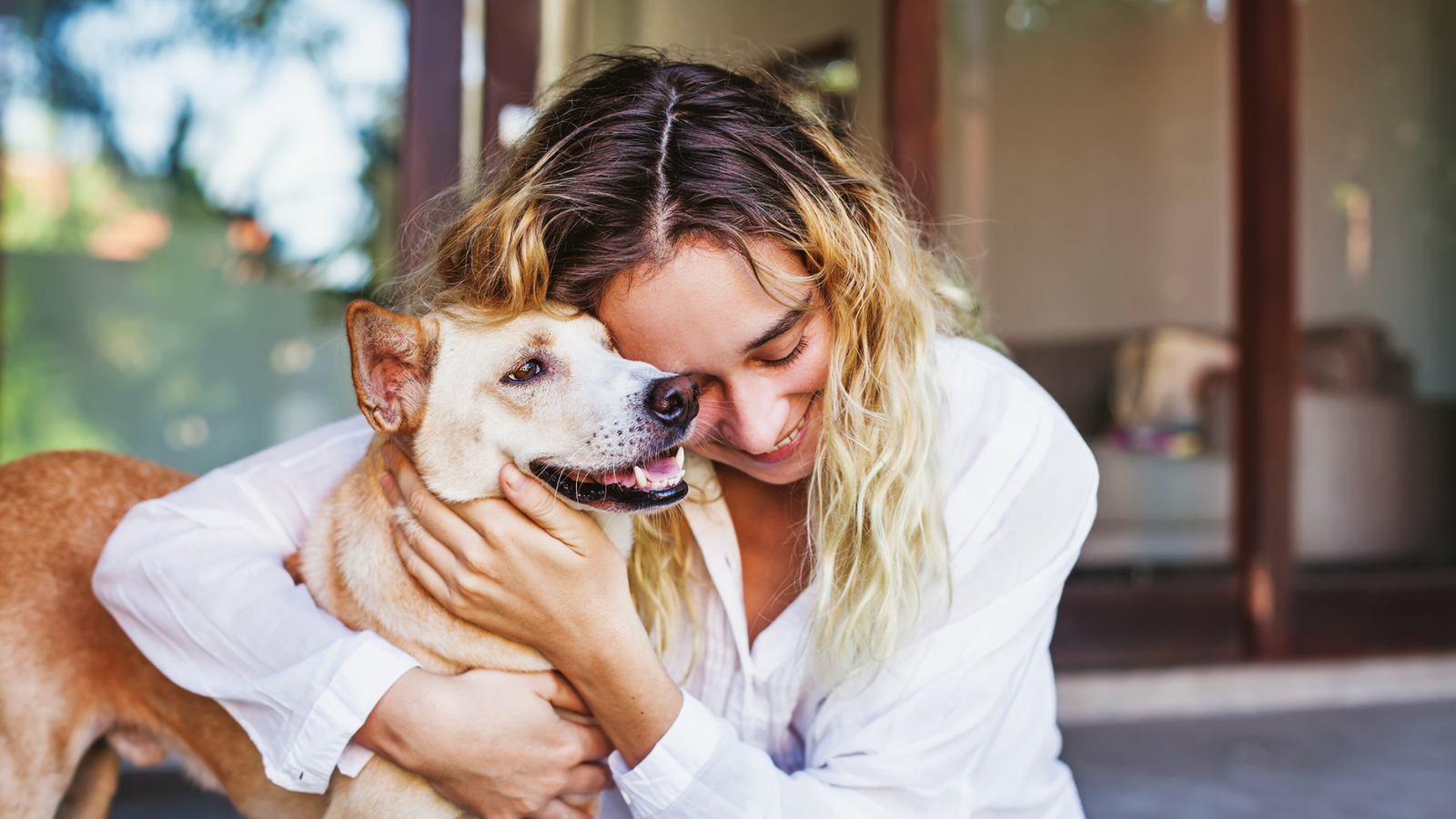

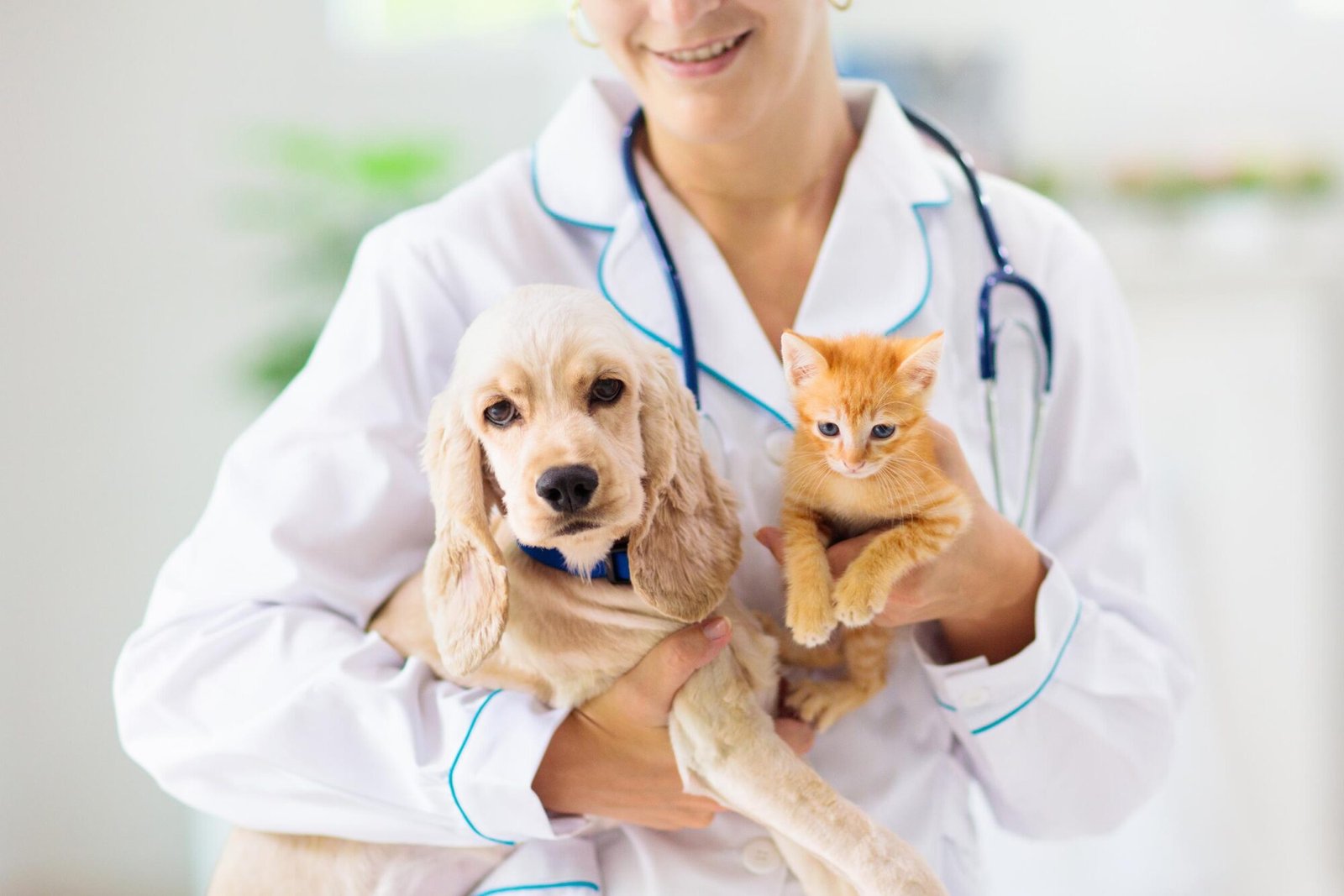
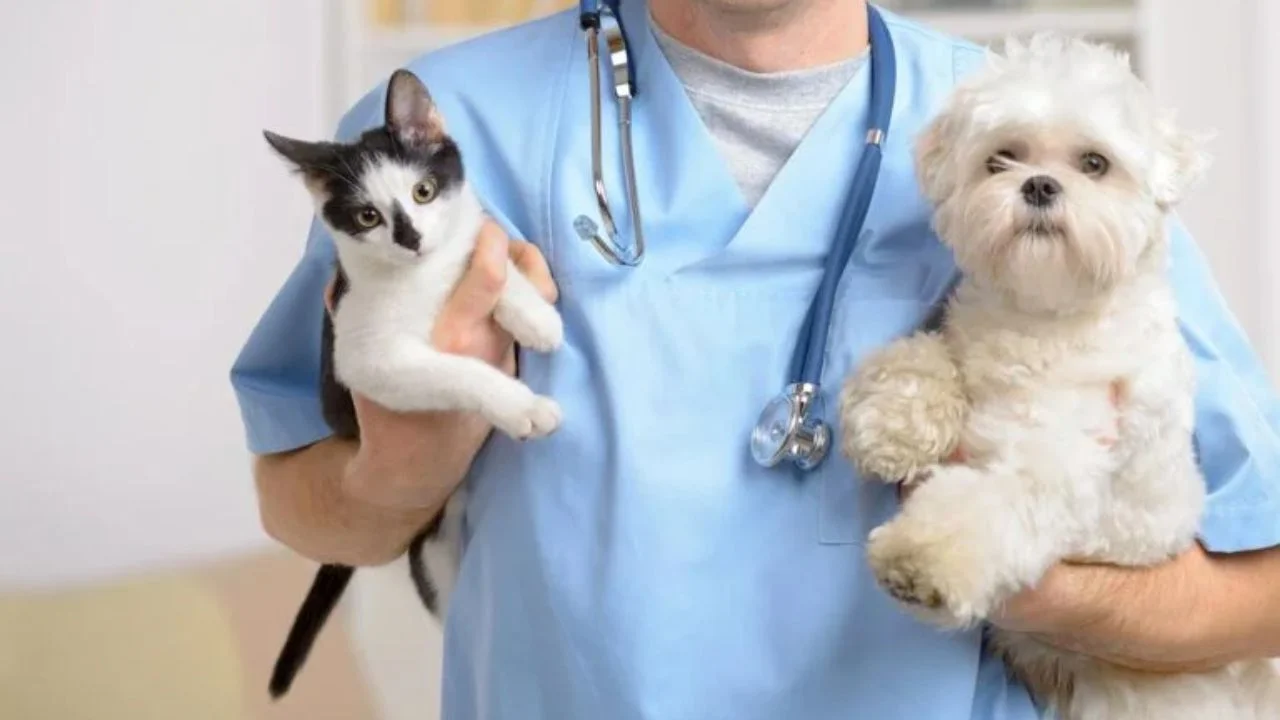

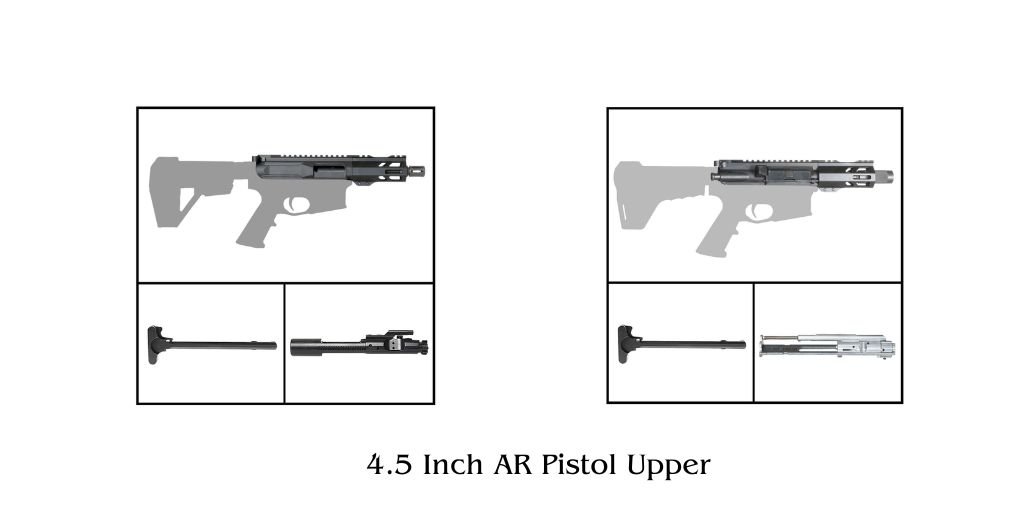


Leave a Reply